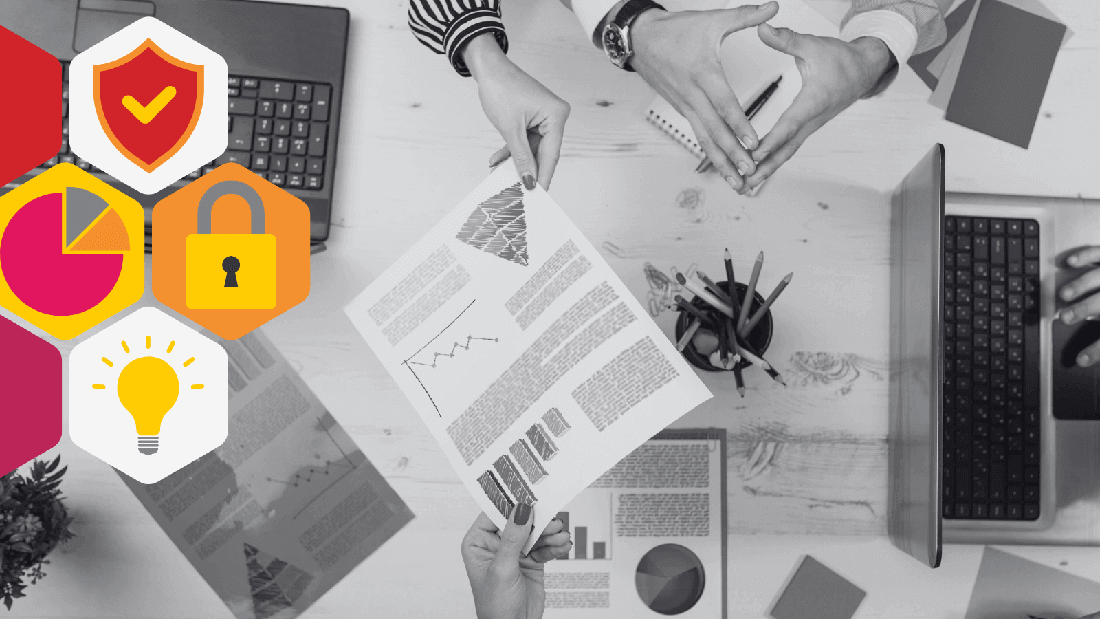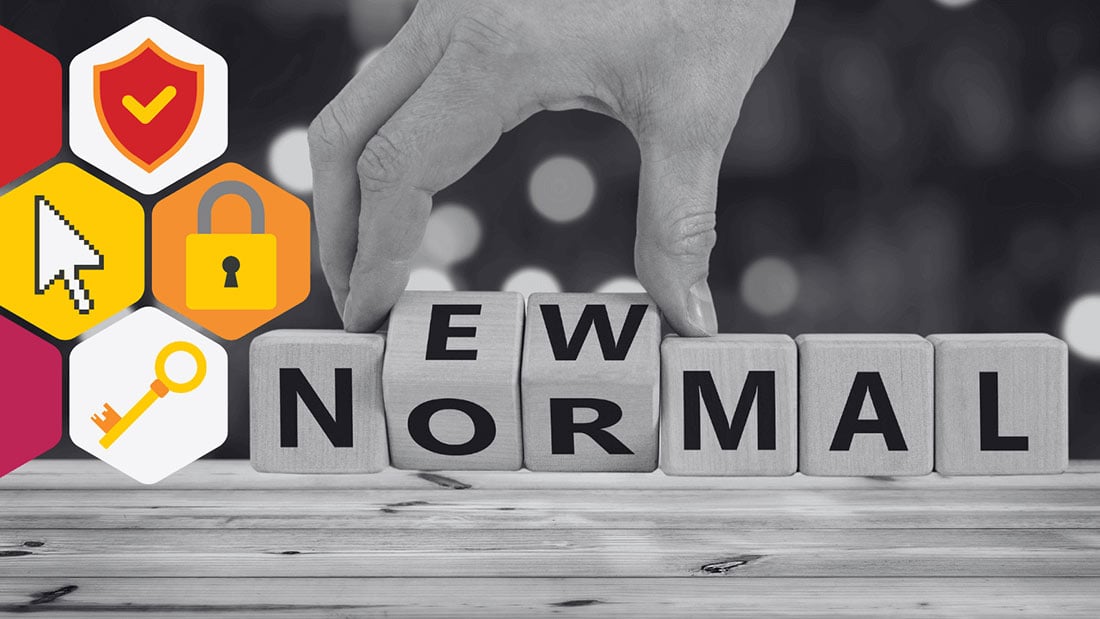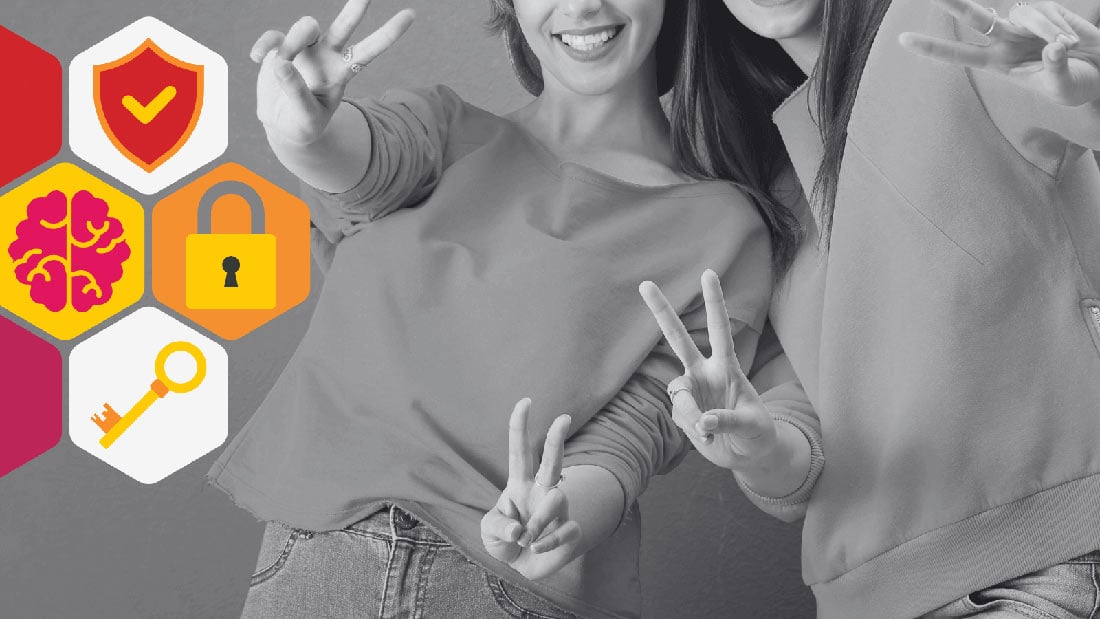Good Reads: The Aon 2023 Cyber Resilience Report
Aon's Cyber Solutions combines digital risk management services, Professional Risk Solutions and their Global Risk Consulting Practice. They recently...
Millennials, born between 1980 and 2000, are sometimes derided by X’ers and Boomers as selfie-obsessed, reality-tv-watching, soft-in-the-middle, wish-I-was-an-Instagram-travel-blogger whiners. But, are they secure?
In working with numerous customers to shape internal audiences and behavioral groups, we often take a dive into Digital Tribes© and the cultural values that underpin security compliance, we have bumped into many an ‘aha’ moment around this elusive demographic. These revelations; of value differences, cultural shifts, priorities, and behaviors, when made objective >and brought to the fore in the pursuit of good (not blame!) can often help bridge the gap between management, executives, and yes, dare we say, even “the board” (whose average age in the USA is 63 years old, BTW).

So who are these Millennialsyou speak of? What are their cyber habits or viewpoints (as a group)? What can you do to better reach them, engage them, and ultimately secure them as “part of your cyber team”?
“Easier said than done, but not impossible”, says Angelo D’Agostino, Managing Partner at HC Group Advisors, a full-service HR and Talent Consultancy. “It has been my experience over the past 20 years that it is more important than ever to be ‘in the know’ as it relates to the upcoming generations in your workforce. For instance, look at the way people seek out opportunities. In the past 40 years, the drive for a new job could be about pay or advancement. However, Millennials are putting together impressive and full-bodied research to help inform their decisions around prospective employers. They are studied, care about values and culture, and know their market value. I tell HR and talent professionals to get a bit uncomfortable, learn to move forward digitally, and not get stuck in old data and processes. This sounds similar to the challenge in cyber security awareness- we need to find comfort in the discomfort and not worry because in a few weeks, it will have changed yet again. It’s about connecting and moving forwards.”
Right now, more than one-in-three American labor force participants (35%) are Millennials, making them the largest generation in the U.S. labor force, according to Pew Research. As with any generation, the unique experience of millennials during the formative coming of age years has shaped their worldview. For me, that was the 80’s & 90’s, and indeed, I can wax rhapsodic for hours about Atari, Etch-a-sketch, neon & acid wash, Thundercats, and more. A reminder for our readers in the Boomer and Gen X demographics, the formative years for the Millenials as the 1990’s/2000’s.
“This generation came of age in a post-9/11 America primarily at war. High profile data breaches and Edward Snowden’s disclosure that America engaged in mass surveillance of its own citizens has seriously shaken young professionals’ trust in government. Additionally, both the government’s and the private sector’s reluctance to take decisive action to stymie global climate change leaves many millennials frustrated by what they see as a problem of epic proportion that has been passed along to them to handle. Lastly, Millennials are drivers of today’s movement of ethical consumerism. Their socially responsible attitudes are both despite and because of a set of crises, most notably a recession set in motion by Wall Street that was deeper than any other since the GreatDepression that seriously damaged Americans’confidence in financial, banking, and governmental institutions.”
Without sounding like a horoscope in the Sunday papers (remember those? Kidding), here are a few values of the Millennial Generation to consider:
”Despite current global economic growth, expansion and opportunity, millennials and Generation Z are expressing uneasiness and pessimism—about their careers, their lives and the world around them, according to Deloitte’s eighth annual Millennial Survey. In the past two years especially, we’ve seen steep declines in respondents’ views on the economy, their countries’ social/political situations, and institutions like government, the media and business. Organizations that can make the future brighter for millennials and Gen Zs stand to have the brightest futures themselves.”
For cyber security awareness, behavior, and culture change we think hard about how we can engage everyone to be more secure. This includes the challenging feat of bringing millennials onboard with governance and compliance around information security… the first big challenge is that demographically speaking, they look at technology differently.
It won’t be surprising that according to a recent Pew poll, nearly 100% of Millennials use the internet, but 19% of them are smartphone-only internet users – that is, they own a smartphone but do not have broadband internet service at home. The great untethering has begun, and while TV and cable are freaking out to lose viewers, now having a wired connection at home may seem old-fashioned. (We are certainly hoping that 5G doesn’t microwave us all into tiny bits, but that’s another blog post).
There isn’t as much published research on the cyber safety of millennials are in a corporate setting, although Dark Reading published survey results showing that millennials are:
Password habits are a great leveler of all things cyber security- and in our learning program, we tackle them first as a fundamental area of change. Security Intelligence found:
We also found some interesting data that can help you think about how you can reach out and make new connections, increase awareness, and create more targeted messaging to increase compliance AND employee satisfaction at the same time.
All this should be taken with a large grain of salt, as perhaps some of these values, attitudes, and behaviors could be tempered by new statistics and research coming out about Gen Z. Risk appetites vary by culture, personality type, and by age… and nothing stays still for long.
Perhaps some of what we see in these is the folly of youth which will in time be tempered by wisdom and experience? Or perhaps this generation is wise beyond the years and not willing to accept corporate-speak, craving something authentic and truthful instead. Food for thought, for sure!
For as much as Millennials have "grown up" with technology as a de facto component of life and work, it’s concerning that in overall technology use and habits, they are no more cyber-savvy than older generations. Using digital technology safely, protecting information, and understanding how companies use data (both in our work, but also as consumers and citizens) is a multigenerational challenge that we desperately need to address. The growing lack of trust in institutions and the lack of cyber skills make top-down approaches to change seem old-fashioned, but Millennials’ strong ties to meaningful work and strong desires to improve the world offer us a key to unlock the door. By using stories that are relatable to different audiences, social influence, and proof techniques, creating training content that hits home on values, it’s just about knowledge but also has meaning and depth helps you connect with and engage Millennials on your teams to inspire and awaken them to the very real need of protecting their digital future.

The Cybermaniacs create cyber-secure humans through our learning experience platform and unique approach to change. Fuzzy on the outside, data-driven on the inside, our cyber awareness training content is sure to delight all demographics at your organization. Learn more about our platform and take a ride on a free demo.

Aon's Cyber Solutions combines digital risk management services, Professional Risk Solutions and their Global Risk Consulting Practice. They recently...
4 min read

remember when we could comfortably say 2018 and 2019 were "simpler times?" Thanks to the Pancession, Panicdemic, and Murder Hornets, 2020 is shaping...
5 min read
